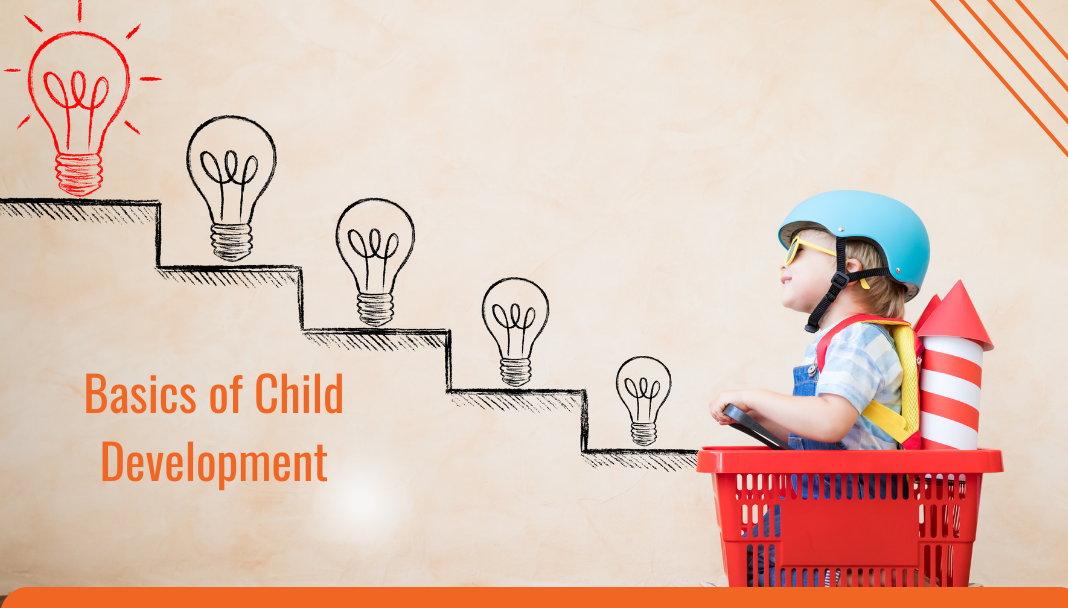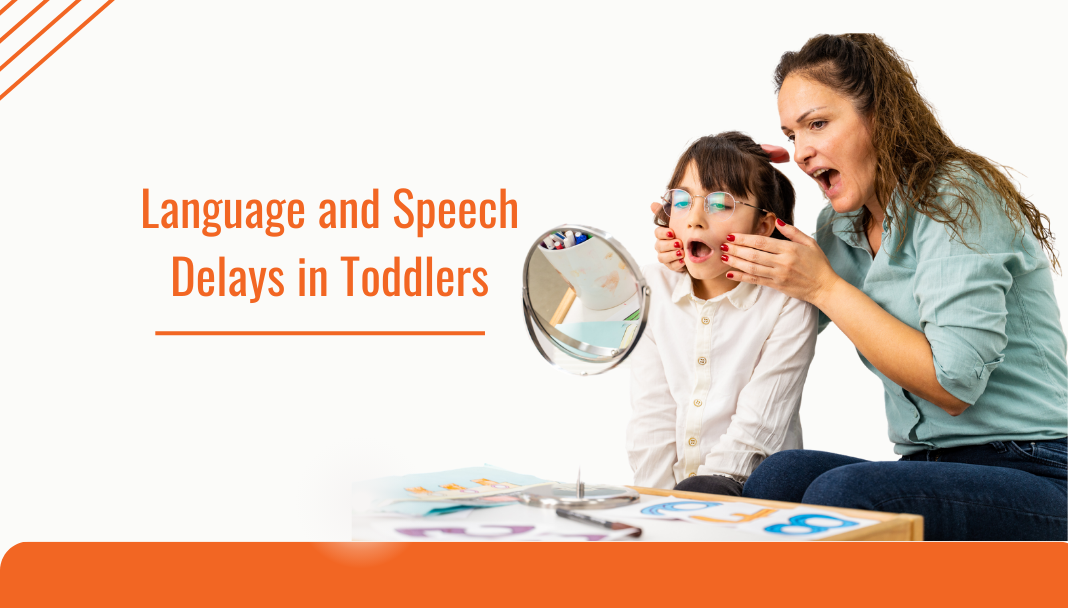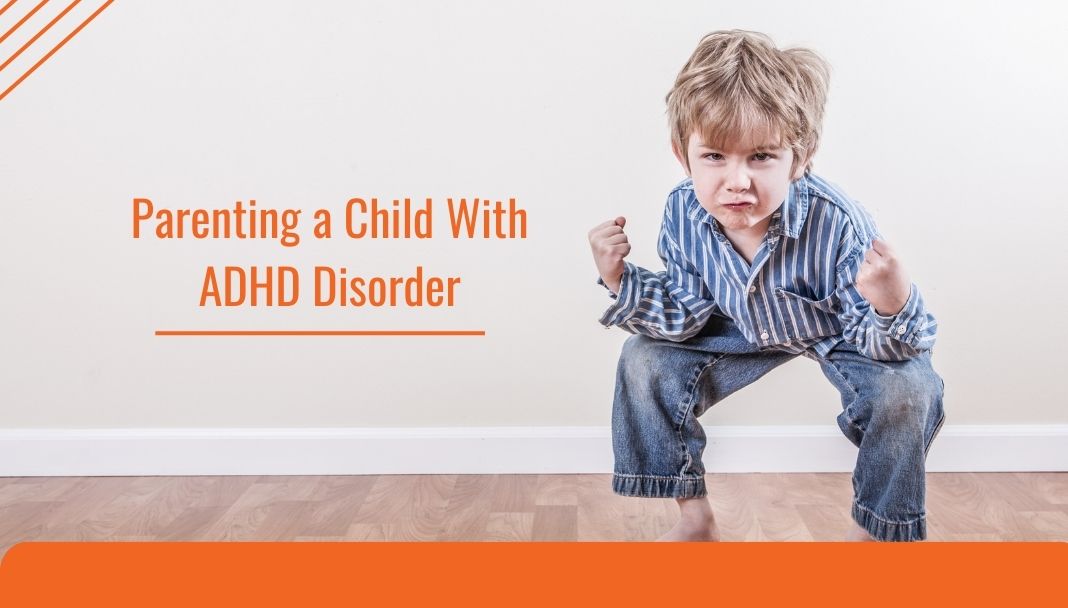Does your child understand your instructions properly and is at par in academics? Does your child understand game rules promptly? If not, then it might indicate a learning disability.
Learning disabilities are learning difficulties a child faces at mental and physiological levels. Let’s understand it more deeply.
What are learning disabilities?
A learning disability is a neurological condition when the brain’s ability to perceive and process information reduces. A child has difficulties listening, reading, writing, speaking, understanding mathematical concepts, and general comprehension.
| 5 MOST-COMMON Types of Learning Disabilities Learning disabilities co-exist in group disorders such as dyslexia, dyspraxia, dyscalculia, and dysgraphia affecting overall brain ability. A few major types of learning difficulties are: 1. Dyslexia: Children with dyslexia have difficulty in recognizing the reverse position of letters such as b and d . They also struggle with hearing, writing, and speaking and cannot understand directions. 2. ADHD: Do you know around 6 million children have Attention-Deficit/Hyperactivity Disorder (ADHD)? ADHD is concentrating difficulty, with reduced grasping and understanding power in children. Some ADHD symptoms are as follows: 1. Unable to sit in one place 2. Remain disorganized or forgetful 3. Small attention span 4. Lack of motivation 5. Mood swings or emotional outbursts 3. Dyscalculia: Usually, people hate maths but eventually understand it with good practice. Dyscalculia is a learning disability in which basic math concepts seem very hard to learn. 4. Dysgraphia: Children with dysgraphia have writing issues, for example, they have messy handwriting, take longer to write, have difficulty holding pencils, have poor grammar, and speak loudly while writing. 5. Dyspraxia: Dyspraxia affects a child’s motor skills. Children with dyspraxia have difficulty holding pencils, have poor eye-hand coordination, and struggle in acquiring motor balance. |
How to know whether my child has a learning disability/ disabilities?
The signs and symptoms of stagewise learning difficulties include.
| Preschool The child may have difficulty in: 1. Pronouncing simple words like a,b,c,d. 2. Difficulty remembering words in rhymes or songs. 3. Difficulty in concentrating on tasks. 4. Difficulty in following rules and directions. 5. Difficulty using fine/gross motor skills in doing tasks. | Primary School The child may have difficulty in: 1. Recognizing similar sound letters such as Y & I. 2. Difficulty in reading, spelling, or writing. 3. Confusion recognizing “b” with “d,” “on” with “no,” “s” with “5”. 4. Difficulty doing maths problems. 5. Memorizing, organizing, and learning difficulty in concepts. |
| Middle School The child may have difficulty in: 1. Comprehending similar words (sea/see, week/weak) 2. Tight grip while writing, slow writing speed. 3. Memorizing or recalling difficulty. 4. Excessive emotional, rebellious, or arrogant behavior, | High School The child may have difficulty in: 1. Reading and writing tasks 2. Comprehending and applying logical problem-solving. 3. Poor memory, problem in recalling 4. Issues in socializing and adapting to surroundings 5. Understanding abstract concepts 6. Focusing consistently |
Although there is no one particular reason why some children have learning disabilities, the following could be the potential factors.
- Heredity:
Children born to parents with learning disabilities are likely to develop the same disorder.
- Illness or injury during birth:
An illness or injury during or after birth may cause learning disabilities. Alcohol consumption, inadequate nutrition, or severe illness of the mother during pregnancy can also cause learning disabilities in children.
- Stressful incidents in infancy:
A stressful incident shortly after birth such as head injury, high fever, lack of access to mother’s milk can also cause learning disabilities in children.
- Environment:
Increased exposure to toxins such as lead, arsenic, etc, gone either directly through food and drinking water or environmental exposure, declines the learning capability of especially infants.
- Comorbidity:
Children with one learning disability have a greater chance of acquiring other related learning disorders.
While some children have learning disabilities, parents should encourage them to excel but never compare them to their peers. It will seed an inferiority complex in them. Also, such children may have different skills and talents in other areas of their interest. Parents must encourage their children to pursue them.
Diagnosis and treatment of Learning disabilities.
The diagnosis plays a vital role in analysing and treating learning disabilities. An apt assessment helps in the following ways
- Diagnose an exhaustive number of existing LDs
- Choose the best treatment module
- Encourage the child towards self-improvement
Our specialists at Neuropedia assess each child and interview their parents, teachers or peers to identify existing learning disabilities. If the child is older, our specialist might provide a questionnaire to examine the answers.
Once the diagnosis is made, and the specialist has a comprehensive report of the child’s learning disabilities, the specialist starts the treatment. The treatment might include one or more than one combination of the following treatments.
Individual Education Programme(IEP) Programme.
Every child learns differently and faces different learning difficulties. An IEP program is specially designed for the child to overcome learning difficulties in targeted areas.
Occupational and Behavioural Therapies.
Depending on learning difficulties, our expert provides hearing, speech, and writing therapy as occupational therapy, aiming to improve speech and motor skills.
Also, the child may have behavioral difficulties, such as not responding to instructions or feeling overwhelmed. Our experts do behavioral therapies and bring awareness in children towards self-improvement.
Music, art, and dance therapies.
Children love extracurricular activities. These activities encourage them to unlock their physiological and mental potential by engaging in these activities.
Neuropedia is one of its own kind child neuroscience centers in Dubai. We aim to incorporate the best-developed therapies to remedy various pediatric disorders and learning disabilities. We put the best foot forward, and our endeavors transform cases with positive outcomes.
Choose Neuropedia and give your child— a better life. Contact us now!!











 04 343 1113
04 343 1113 info@neuropedia.ae
info@neuropedia.ae







.png)






